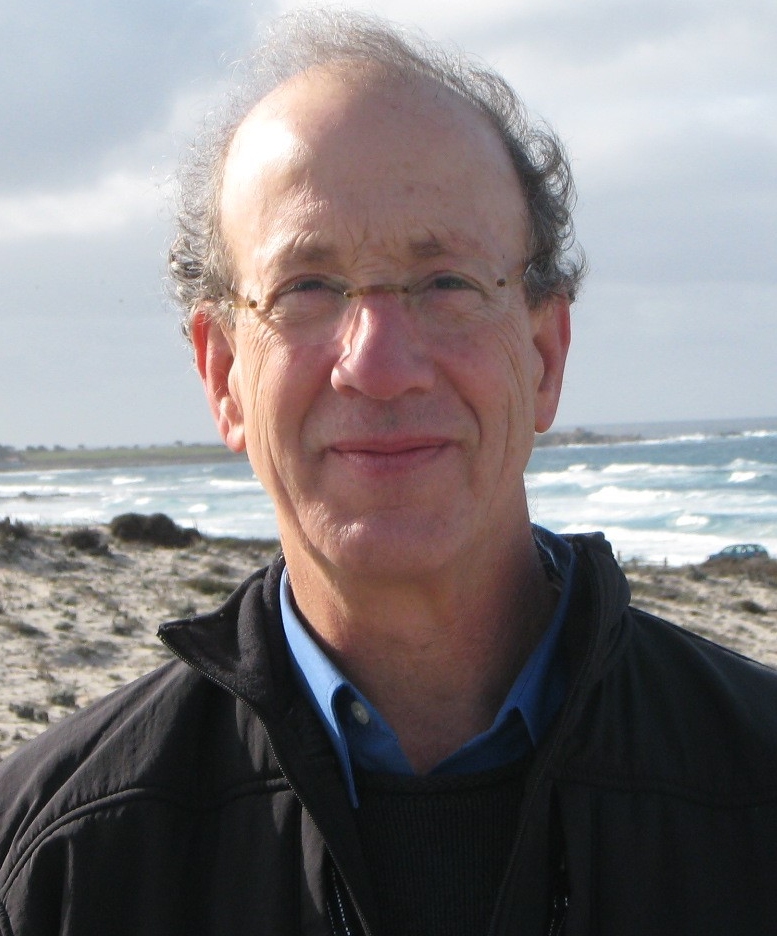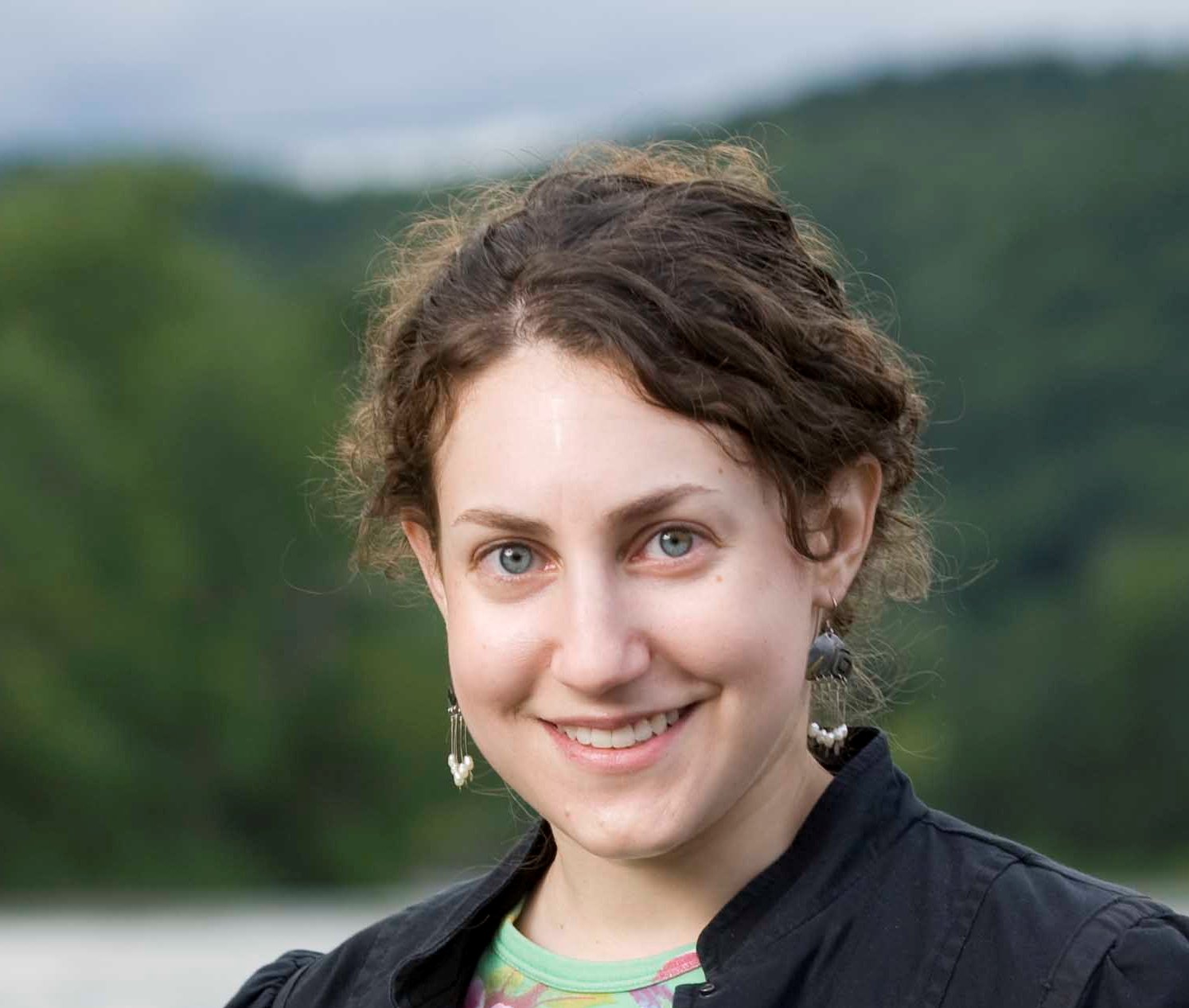Environmental Justice and the Superfund Research Program: Community Collaborations Making a Difference
1:00 pm US Eastern Time
Slides & Resources
Speaker Presentation Slides
Phil Brown: Brown University Superfund Research Program: Community Engagement Core Work on Environmental Justice (PDF)
Denise Moreno Ramirez: Community Engagement in the US-Mexico Border Region (PDF)
Margaret Reams: Applications of Social-Ecological Resilience Theory to Superfund Community Engagement in Louisiana (PDF)
This call, Environmental Justice and the Superfund Research Program: Community Collaborations Making a Difference, was highlighted in the December NIH newsletter Environmental Factor.
This call was hosted by the CHE-BUSRP Partnership.
Environmental justice is the fair treatment for people of all races, cultures and incomes, regarding the development and enforcement of environmental laws, regulations and policies. The NIEHS Superfund Research Programs (SRP), via Community Engagement Cores (CEC), has a strong history of working with communities to support environmental justice goals. Partnerships with communities and community-serving organizations are the cornerstone of CEC activities. This call featured three of the SRP’s CEC’s and their innovative community engagement work: Dr. Phil Brown of Brown University SRP, Margaret Reams of Louisiana State University SRP, and University of Arizona SRP’s Denise Moreno. Staci Rubin, a community partner of the Boston University SRP, offered comments following the presentations.
Dr. Phil Brown addressed his program’s environmental health and justice outreach and education across Rhode Island, which includes working closely on environmental health and justice education and outreach with their community-based partner organizations; expanding after-school and evening environmental health education, and working with multiple levels of government to develop comprehensive environmental legislation on remediation and reuse. In Arizona, Denise Moreno discussed how they are addressing the US-Mexico border region that is plagued by a growing environmental health crisis resulting from inadequate environmental infrastructure, uncontrolled disposal of hazardous waste, and widespread exposures to heavy metals from mining and metal processing. She talked about their work to empower underrepresented community members of the border region to become active participants in recognizing and resolving hazardous environmental contamination risks to human health. Margaret Reams of LSU discussed work with residents and local environmental leaders facing potential exposure to contaminants from Superfund sites, including collaboration with the Louisiana Environmental Action Network (LEAN), a public-interest organization with over 100 affiliated groups, to reach leaders and members of grassroots environmental organizations.
Featured Speakers
 Dr. Phil Brown is University Distinguished Professor of Sociology and Health Sciences at Northeastern University, where he directs the Social Science Environmental Health Research Institute, an 18-person research group that conducts transdiciplinary research at the boundaries of social science and environmental health. He is the author of No Safe Place: Toxic Waste, Leukemia, and Community Action, and Toxic Exposures: Contested Illnesses and the Environmental Health Movement, and co-editor of Social Movements in Health, and Contested Illnesses: Citizens, Science and Health Social Movements. He studies biomonitoring and household exposure, social policy concerning flame retardants, reporting back data to participants, and health social movements.
Dr. Phil Brown is University Distinguished Professor of Sociology and Health Sciences at Northeastern University, where he directs the Social Science Environmental Health Research Institute, an 18-person research group that conducts transdiciplinary research at the boundaries of social science and environmental health. He is the author of No Safe Place: Toxic Waste, Leukemia, and Community Action, and Toxic Exposures: Contested Illnesses and the Environmental Health Movement, and co-editor of Social Movements in Health, and Contested Illnesses: Citizens, Science and Health Social Movements. He studies biomonitoring and household exposure, social policy concerning flame retardants, reporting back data to participants, and health social movements.
 Denise Moreno Ramirez, MS, is the coordinator for The University of Arizona Superfund Research Program—Community Engagement Core and the Dean Carter Binational Center for Environmental Health Sciences. Her work is primarily focused on developing community engagement projects and research translation products for stakeholders in Arizona, Mexico and the US-Mexico border region. She has experience collaborating on the ground with Mexican and border communities regarding transboundary water resources and environmental sciences issues.
Denise Moreno Ramirez, MS, is the coordinator for The University of Arizona Superfund Research Program—Community Engagement Core and the Dean Carter Binational Center for Environmental Health Sciences. Her work is primarily focused on developing community engagement projects and research translation products for stakeholders in Arizona, Mexico and the US-Mexico border region. She has experience collaborating on the ground with Mexican and border communities regarding transboundary water resources and environmental sciences issues.
She received her Bachelor of Science in environmental sciences with a minor in biology from Northern Arizona University and a Master of Science in watershed management from the University of Arizona. Moreno was born in Nogales, Sonora, Mexico, and was raised in the “Ambos Nogales” area. Due to her experience as a border resident, she was motivated to become a scientist focusing her efforts on communities with health and environmental disparities.
 Dr. Margaret Reams is professor of environmental sciences and director of the Community Engagement Core and co-principal investigator of the NIEHS-funded Superfund Research Program at Louisiana State University. She was associate dean of the School of the Coast and Environment and served as graduate advisor for the interdisciplinary Master of Science programs in environmental sciences at LSU. She studies a variety of policy issues related to environmental planning and policy, including community perception and response to environmental and ecological phenomena in Louisiana. With support from NIEHS, NSF, USDA and the Bureau of Ocean Energy Management (BOEM), she and Dr. Nina Lam developed an empirical social-ecological resilience index to better predict the ability of communities to survive various environmental disturbances. The application of the resilience index to communities within Louisiana’s Industrial Corridor allows for spatial and temporal comparisons among communities and helps researchers identify key factors that may explain variation in both the long-term impacts of cumulative environmental exposures and the reactions of stakeholders.
Dr. Margaret Reams is professor of environmental sciences and director of the Community Engagement Core and co-principal investigator of the NIEHS-funded Superfund Research Program at Louisiana State University. She was associate dean of the School of the Coast and Environment and served as graduate advisor for the interdisciplinary Master of Science programs in environmental sciences at LSU. She studies a variety of policy issues related to environmental planning and policy, including community perception and response to environmental and ecological phenomena in Louisiana. With support from NIEHS, NSF, USDA and the Bureau of Ocean Energy Management (BOEM), she and Dr. Nina Lam developed an empirical social-ecological resilience index to better predict the ability of communities to survive various environmental disturbances. The application of the resilience index to communities within Louisiana’s Industrial Corridor allows for spatial and temporal comparisons among communities and helps researchers identify key factors that may explain variation in both the long-term impacts of cumulative environmental exposures and the reactions of stakeholders.
 Staci Rubin, JD, MPH is the staff attorney at Alternatives for Community & Environment (ACE), an environmental justice organization in Roxbury, Massachusetts, where she provides legal representation and advice to community-based groups in low-income communities and communities of color working to improve the health and environment where they live, learn, work and play. Ms. Rubin litigates cases, negotiates agreements, leads environmental justice policy and planning initiatives, advocates for public health policies and practices, participates on coalitions for ACE, and convenes the Massachusetts Environmental Justice Alliance and the New England Environmental Justice Forum. She received her law degree from Northeastern University School of Law, her Master of Public Health from Tufts University School of Medicine, her Master of Environmental Law and Policy from Vermont Law School, and her Bachelor of Arts from New York University.
Staci Rubin, JD, MPH is the staff attorney at Alternatives for Community & Environment (ACE), an environmental justice organization in Roxbury, Massachusetts, where she provides legal representation and advice to community-based groups in low-income communities and communities of color working to improve the health and environment where they live, learn, work and play. Ms. Rubin litigates cases, negotiates agreements, leads environmental justice policy and planning initiatives, advocates for public health policies and practices, participates on coalitions for ACE, and convenes the Massachusetts Environmental Justice Alliance and the New England Environmental Justice Forum. She received her law degree from Northeastern University School of Law, her Master of Public Health from Tufts University School of Medicine, her Master of Environmental Law and Policy from Vermont Law School, and her Bachelor of Arts from New York University.
This call was facilitated by Elise Miller, MEd, CHE's director.


